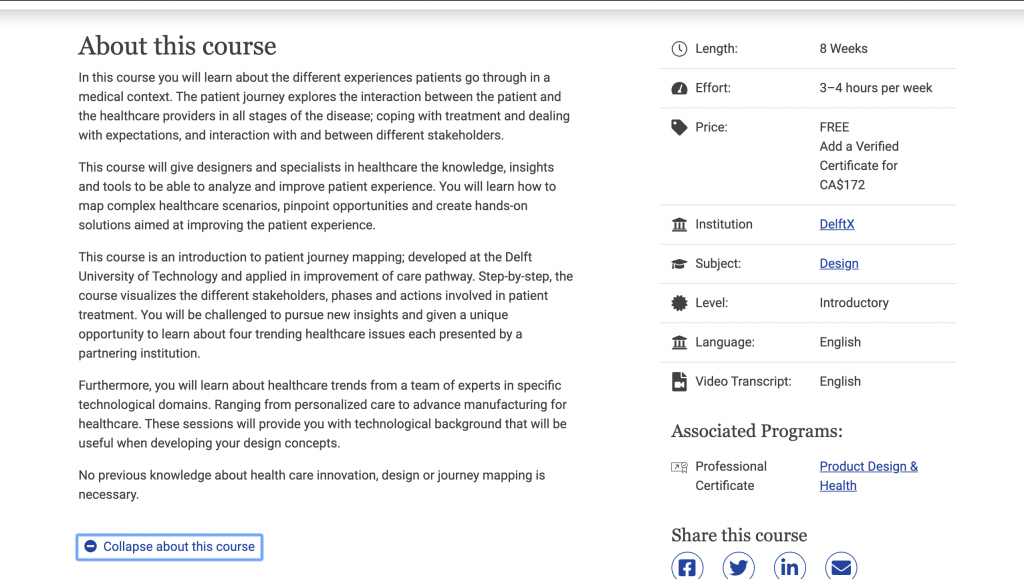From my understanding, online educational content are just resources where anyone can go to learn. This could include almost anything on the internet – YouTube, Wikipedia, Reddit, news websites, educational resources (such as MOOCS), etc. These sites are for a user to go to, absorb the content, and learn for themselves. Openly licensed educational content is content on the internet that, depending on the type of license, a user can copy, perform, or modify, and then redistribute as learning material. This could include the structure and content of an entire course, or it could just be small components that one might want to use for just one classroom session. Depending on the type of license, there may be restrictions regarding the manner of how the content gets used (commercially vs. non-commercially), and the original producer may also have to be credited. Search engines with advanced search features (Google), as well as repositories like Creative Commons Search and OER Commons make it easy to find material that one can re-purpose and redistribute.
One educational resource I came across while searching is edX. edX was founded by Harvard and MIT, and offers both free and paid online programs and individual courses covering a huge variety of subjects. You can also pay to receive a verified certificate as proof of completing the program, or even have your program credit apply towards a full degree bachelor’s or master’s degree at many of the post-secondary schools that are partnered with edX, where you can then complete an accelerated full degree. edX partners includes MIT, Harvard, Berkeley, and many others. However, I personally don’t think that a paid edX certificate is worth it at this point in time. While it is a nice option to have coming from a site run by prestigious institutions, it’s debatable whether this particular form of education would be recognized by any potential employers on a C.V. or resume. Mentioning that you have taken some of these courses in your spare time however may give the applicant an edge in an interview upon mention of it, as it shows that they are passionate and knowledgeable about the content of the work. One thing that I feel is significant about edX compared to many other online educational resources is that all content on the site is submitted and verified by the schools involved – this gives it a nice edge over websites that host content that may not be verified or may be easily edited by the user base.
When using the evaluation guide provided by OER Africa, most criteria seem to be well met. With regards to accuracy criteria, the user could reasonably assume that the content of the courses are accurate. You can never know for sure, but as the courses are coming from verified institutions, it’s safe to assume that the content is valid. Production quality is extremely high – the site looks nice, is easy to navigate, and hosts high quality content. For the courses that I scanned on the site, all had video transcripts where applicable, but I did not see alternate course formats. All courses have different content and different licensing rights, so being able to re-use the content depends on the individual course.

There are many different ways that one could use online educational resources in their own personal life or work. For example, if a person’s profession involves assisting their teammates or employees in a teaching capacity (maybe in an office environment, healthcare provider setting, etc), re-purposing content from an OER could be extremely helpful in helping their teammates learn effectively, as opposed to solely using their own thoughts, views, and experiences. This will give the learners a broader variety of content to absorb and make their learning more meaningful.